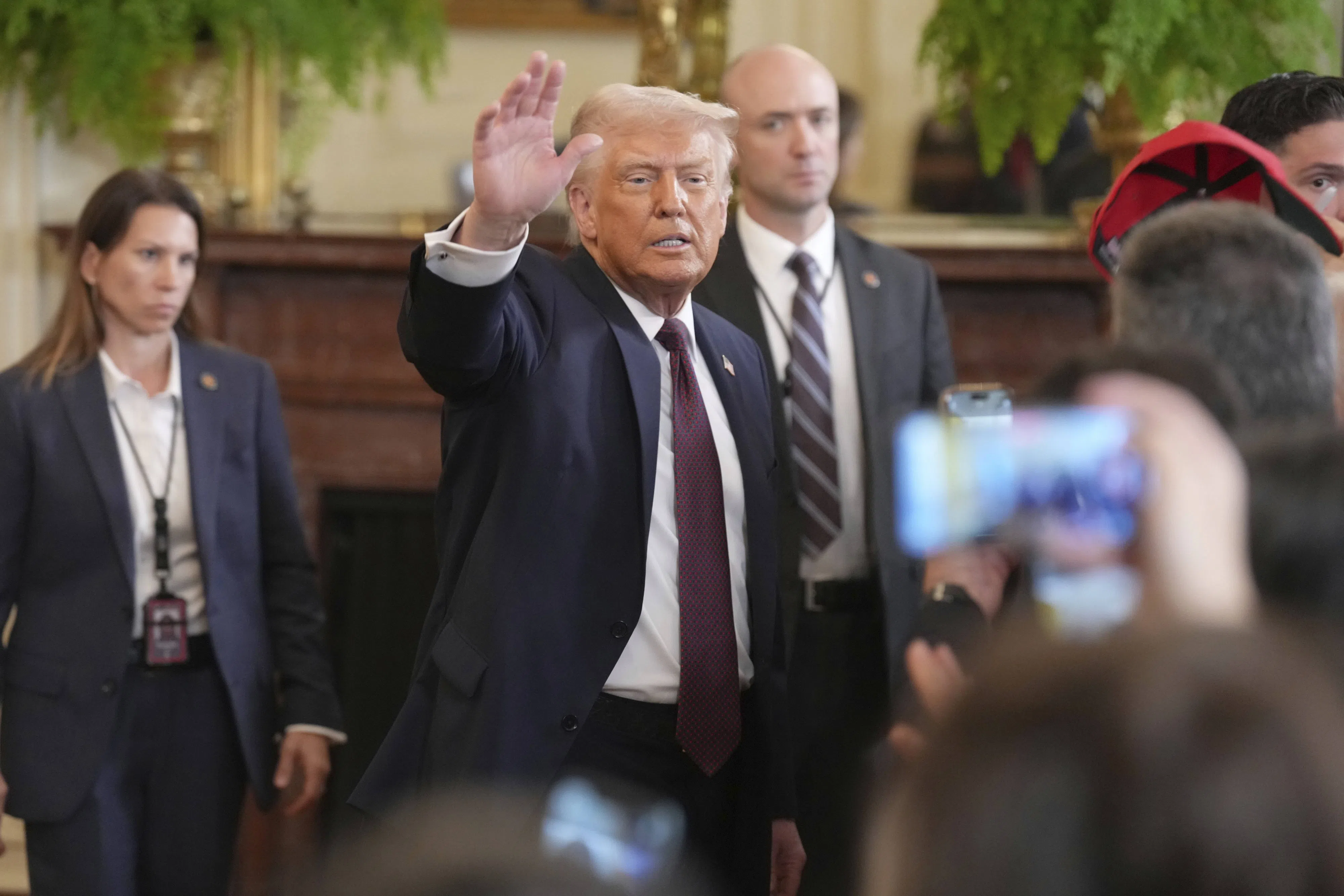
Trump announces 25 per cent tariff on all auto imports to the U.S.
U.S. President Donald Trump on Wednesday signed an executive order to impose 25 per cent tariffs on all automobile imports to the United States next week in a move that further escalated his global trade war and rocked stock markets.
Prime Minister Mark Carney called the move a “direct attack” on Canadian auto workers, and promised swift action and support.
“We will defend our workers. We will defend our companies. We will defend our country. And we will defend it together,” he said.
“You know this will hurt us. But through this period, by being together, we will emerge stronger.”

